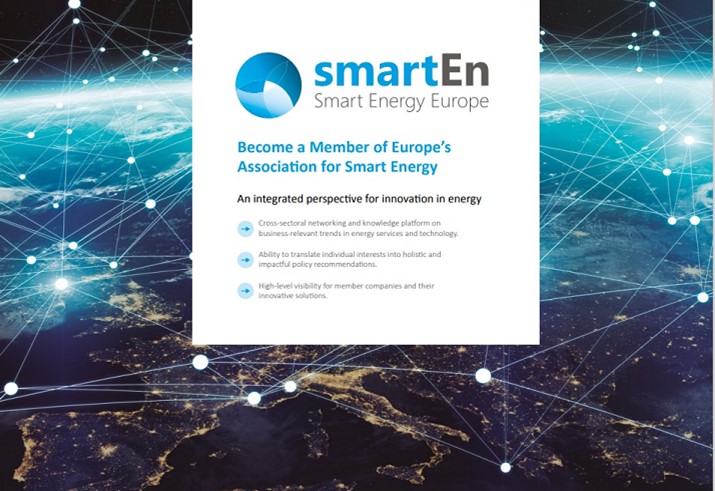STRIDE - European Commission’s development of the “Action Plan on the Digitalisation of the Energy Sector”
14-04-2022

Digitalising the energy sector – EU action plan (europa.eu)
Recently, the European Commission is working on creating the ACTION PLAN ON THE DIGITALISATION OF THE ENERGY SECTOR to support in the development of a competitive market for digital energy services and digital energy infrastructure that are cyber-secure, efficient and sustainable.
The Action Plan, presented as a roadmap, was open for consultation; the feedback received was then integrated in a public consultation between 4 October 2021 and 24 January 2022. In addition, the European Commission had organised a series of workshops between 16 February and 3 March 2022, aimed at collecting further input from stakeholders and other relevant European Commission key actors. Through the final workshop – organised online by the Smart Energy Europe Association (Home - smartEn) – titled, “Prosumer data exchanges to enable seamless flexibility integration into TSO-DSO markets”, the future of data exchange governance was addressed.
In the concluding two-page document (conclusions_0303_prosumers_data_exchanges.pdf (europa.eu)), the following key issues were mentioned which are also in line with STRIDE project ambitions:
- The challenge for such a framework will be to keep it clear and focused: it should be consumer-centric, ensure trust and be simple for consumers, supporting their empowerment and participation in an interoperable way across the EU’s internal energy market. Consumers should have an effective choice to offer their flexibility per asset or through aggregation;
- The necessity to develop a decentralised data exchange architecture that allows to keep data where they are generated and share only what is needed, as well as the necessity to include both metering and sub-metering data. SmartEn (Home - smartEn) proposed to set up a specific interoperability layer between the supplier/aggregator and the consumer/prosumer (in addition to an interoperability layer between the TSO/DSO and the supplier/aggregator);
- Interoperability is a necessary condition to ensure data access and exchange among System Operators, market players and consumers/prosumers. The alignment of APIs (Application Programming Interface) across Europe would support development of flexibility markets and services.
- Panellists expressed support to investigate the usage of CIM IEC62325 as used for recent wholesale developments (e.g., Xbid, Mari, Picasso) to foster TSO-DSO communication, including for lower-level data communication (e.g., peer-to-peer).
- A data exchange governance framework should allow for experiments, innovation and fast movers to work together and connect national data exchange systems through a unified EU data infrastructure. At the same time, it is key to keep all EU Member States on board, and ensure regulatory learnings;
- Open-source solutions can support data access and facilitate reuse of common building blocks across platforms – such as common data interfaces typically - but should not be imposed for all building blocks as it would limit innovation and technology options.
